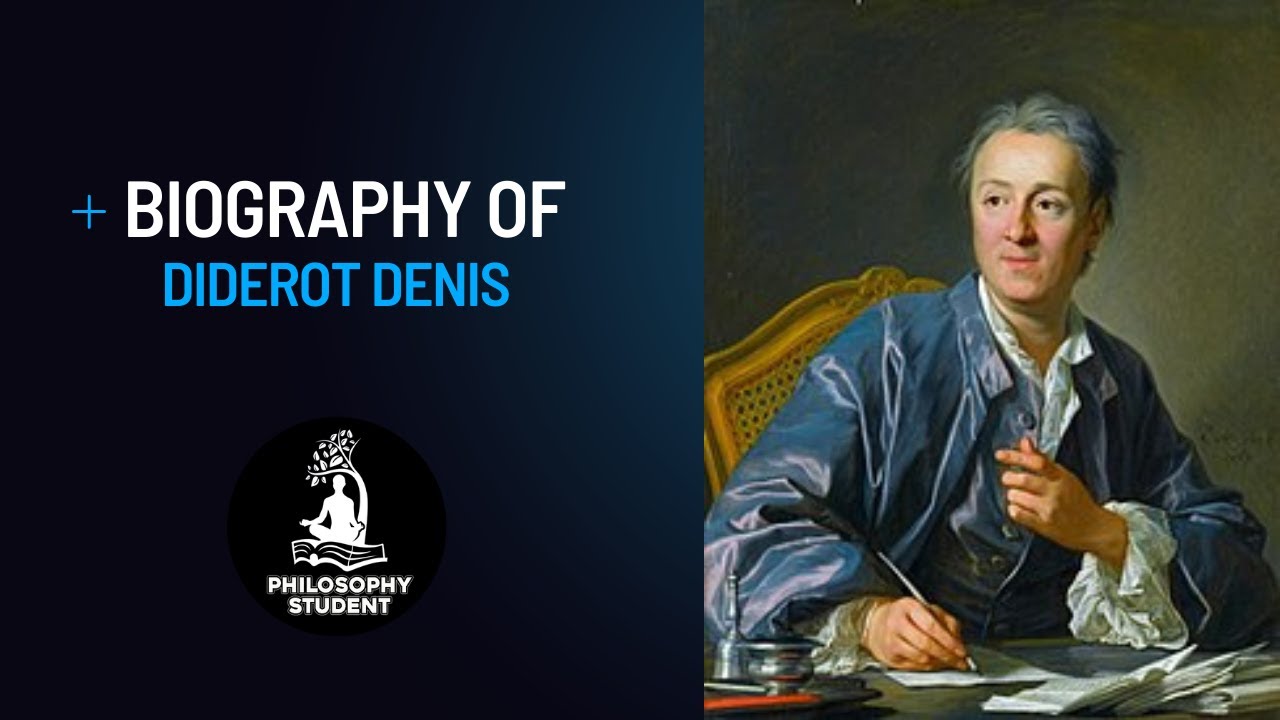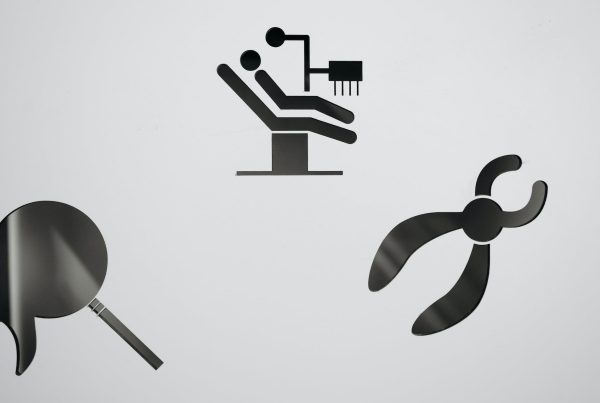Born in Langres, Champagne, on October 5, 1713, Denis Diderot was educated at the local Jesuit college, which granted him a Master of Arts degree in philosophy in 1732. From here, he continued his studies at Collège d’Harcourt, University of Paris, with the intention of entering the clergy but instead enrolled in the Paris Law Faculty. This path proved abortive, and, abandoning the law, Diderot set up instead as an independent author and translator. Infuriated, his father disowned him. So, the young man went about living by his wits in Paris. He met Jean-Jacques Rousseau in 1742, who became a significant influence on him.
After writing several translations, Diderot published in 1746 Peneés philosophiques (Philosophical Thoughts), his first original work, in which he argued for a synthesis of feeling and reason to create harmony. This was followed the next year by Promenade du sceptique (The Skeptic’s Walk), a dialogue among a deist, atheist, and pantheist on the nature of God. The deist presents the argument that evidence of design in the universe supports the existence of an intelligent creator. He is countered by the atheist, who argues that science, especially chemistry and physics, account for the “design” of the universe more adequately, whereas the pantheist argues for a cosmic unity of mind and matter in the universe, which is God. The manuscript was not published until 1830, perhaps having been suppressed by police order.
In 1748, Diderot wrote a novel as a money-making endeavor. Les bijoux indiscrets (The Indiscreet Jewels) is a racy fantasy about a magical ring that, when pointed toward them, compels women to confess their sexual experiences while also rendering the wearer invisible. Yet Diderot also manages to digress into discussion of music, literature, and philosophy—the latter in the form of a dream in which a child named “Experiment” grows to gigantic proportions and smashes an ancient temple called “Hypothesis.”
In 1749, he published Lettre sur les aveugles (Letter on the Blind), an epistemological work exploring and supporting John Locke’s theory of knowledge—knowledge is acquired through the senses—and its relation to reason. This rapidly launched him into the inner circle of French intellectuals but also provoked his imprisonment for three months at Vincennes. Released through the influence of Voltaire’s friend Madame du Chatelet, he became associated with the leading lights of French revolutionary thought.
In 1751, Diderot collaborated on the creation of the Encyclopédie with the philosopher Jean le Rond d’Alembert, which was published progressively through 1772 and epitomized French thought of the Enlightenment. Monumental though the Encyclopédie was, Diderot profited little from it, and, impoverished, arranged to sell his personal library to Empress Catherine the Great of Russia in 1766. She purchased it but granted him use of the books as long as he lived, and gave him a yearly salary, of which she advanced him 50,000 livres, representing fifty years of employment. In 1773, Catherine called him to St. Petersburg for the purpose of intellectual conversation, after which he returned to France. In 1784, learning that Diderot was ailing, Catherine financed a retirement in a luxurious suite in Paris. He died on July 31, 1784, just two weeks after moving to his new home.




































